Ten signs you may be drinking too much

Lush. Rummy. Stewbum. Tosspot. Drunkard.
They all amount to the same thing: colloquial descriptions of an individual who suffers from Alcohol Use Disorder, or AUD. Medically, AUD is defined as “problem drinking that becomes severe … a chronic relapsing brain disease characterized by compulsive alcohol use, loss of control over alcohol intake, and a negative emotional state when not using.”
That’s according to the National Institute on Alcohol Abuse and Alcoholism, which lays out 11 criteria found in the Diagnostic and Statistical Manual of Mental Disorders, the handbook used by health care professionals as the official guide to mental disorders. Under the current version of the DSM – DSM-5 – “anyone meeting any two of the 11 criteria during the same 12-month period receives a diagnosis of AUD. The severity of AUD – mild, moderate or severe – is based on the number of criteria met.”
Fortunately, there are plenty of online tests and blog posts where you can take stock of 10 signs you may be drinking too much. According to the NIAAA, there are 16 million people in the United States with AUD, ages 12 and older. However, none of them woke up one morning and presented with those criteria. There are a number of warning signs that don’t fit the diagnostic model for AUD – indications that while individuals may not qualify for such aforementioned descriptors, they’re well on their way.
How much is too much?
 If you find yourself concerned about your drinking, here’s a list of things to watch out for. While these 10 signs you may be drinking too much isn’t the end-all, be-all list, it may help you determine whether you have a problem:
If you find yourself concerned about your drinking, here’s a list of things to watch out for. While these 10 signs you may be drinking too much isn’t the end-all, be-all list, it may help you determine whether you have a problem:
- You set limits that you’re never able to meet. Perhaps you recognize that you seem to get drunk quickly, or that you’re drinking every night, and you declare that you’ll cut yourself off after two, or that you won’t drink at all. One thing leads to another, however, and at the end of the evening, you’re cashing out your tab and wondering what, exactly, went wrong. “If you find yourself repeatedly going over your self-defined limit, that’s a common early sign you’re losing control over your drinking,” says John F. Kelly, director of the Recovery Research Institute at Boston’s Massachusetts General Hospital, in a 2016 interview with the magazine Health.
- Others make comments about how much you drink. Maybe your friends don’t come right out and call you an alcoholic, but if they jokingly refer to you as the “lush” of your particular social circle, there may be a grain of truth to their observation. If you’re known as someone who can “handle” his or her liquor, then you have a reputation based on the amount of alcohol you can consume – and while that may be considered a badge of pride, it’s also a warning sign. “People start to get feedback from [other] people long before they realize it themselves,” says Kelly. “That’s a sign.”
- You crave alcohol. “Crave” can be a bit misleading; to many people the term means your mouth is watering at the thought of skidding into the liquor store parking lot on two wheels, paying for a bottle with shaking hands and downing half of it while sitting in your car. “Craving,” however, can be a low-level romanticization of happy hour that sustains you throughout the day: “Having a drink to unwind is not a bad thing, nor is it something you should consider a warning sign, but if the only way you can get through the day is by thinking about that evening drink, it could be a sign of a problem on the horizon,” according to one writer on the website Proof, a clearinghouse for alcohol-related content.
- You get defensive about your drinking. If someone suggests that you might want to take it easy, or take a break entirely, and your immediate reaction is to feel insulted, ask yourself: why? If such a suggestion is coming from someone you respect and cares about you, why does it get under your skin? Could it be, perhaps, that they’re echoing your internal concerns, but there’s a part of yourself that feels a fluttering of panic over the idea of stopping drinking?
- Drinking is taking a toll on your health and well-being. Your personal physician may not come right out and call you a budding alcoholic, but if he or she suggests you cut back on your drinking, that’s a sign. If waking up without a hangover, however mild it might be, feels weird, that’s a sign. If you spend most of your morning recovering from the night before, that’s a sign. For moderate drinkers, hangovers are rare, if they happen at all. If it’s part of your regular routine, it’s time to take a hard look at how much you’re drinking.
 You use drinking as a coping mechanism. If you have a horrible day at work, or get some bad news and your immediate reaction is, “I need a drink” … or if you have a great day, get a promotion or find out you and your spouse are expecting a child, and your celebratory response is, “I need a drink!” … these are signs that alcohol may play a bigger role in your life than it should. “Brains condition themselves based on a reward response so if your brain is used to feeling better after a drink, your brain will choose that as your coping mechanism,” according to that Proof article.
You use drinking as a coping mechanism. If you have a horrible day at work, or get some bad news and your immediate reaction is, “I need a drink” … or if you have a great day, get a promotion or find out you and your spouse are expecting a child, and your celebratory response is, “I need a drink!” … these are signs that alcohol may play a bigger role in your life than it should. “Brains condition themselves based on a reward response so if your brain is used to feeling better after a drink, your brain will choose that as your coping mechanism,” according to that Proof article.- You’re experiencing legal consequences directly related to your drinking. Consider the following:
-
- Out of an adult population of roughly 252 million Americans in 2017, 73 percent of them reported using alcohol at some point – 184 million people, according to Forbes.
- According to the National Highway Traffic Safety Administration, 1.5 people are arrested during any given year for drunk driving. Ergo:
- Less than 1 percent of reported alcohol users were arrested for driving while intoxicated. In other words:
- If you’re one of those individuals, you might have a problem.
- Alcohol has become the center of your social life. Do most of your after-hours activities take place in bars or other settings where booze is served? Are you usually the one urging others to have another round, or stay until last call? Do most of your photos on social media feature you with a drink in your hand? Are you less interested in being a part of any activity or event where you can’t drink? If you answer yes to some or all of these questions, then we suggest you’re placing an unhealthy sense of importance on alcohol.
- Alcohol has robbed you of vitality. What we mean is this: Does the world seem a little less colorful, a little less joyful, a little less enjoyable? Do you find yourself struggling at work or at school or at home, and in the back of your mind, you know that your drinking has a role to play in all of this? Does it feel like the only thing worthwhile is the next time you can pour yourself a drink and relax? If so, then there might be a problem.
- You’re worried about your drinking. If so, that should be a warning sign in and of itself. Those who don’t have a drinking problem don’t worry if they do. If you wake up in the mornings and feel a sense of remorse over how much you drank the night before, then that’s a concern: “You wake up concerned that you’ve broken your self-defined limit. You wake up thinking, ‘I didn’t stick to it’,” says Kelly. “The worry comes from the innermost part of yourself. That’s a sign of beginning of alcohol dependence.”
Need help? We’ve got you covered
If you recognize yourself in this list of 10 signs you may be drinking too much, that doesn’t mean you’re a lush or a drunk or an alcoholic … but it might mean you’re on your way. The good news, however, is that there is hope: You can put on the brakes and stop your descent before it gets any worse.
Does that mean seeking professional help? Possibly. At the very least, a courtesy assessment by our trained and compassionate Admissions staff might help you get a better idea of just how much of a problem that it is, and whether you should look into alcoholism treatment at Cornerstone of Recovery.
Drinking too much isn’t something to be ashamed of, because Alcohol Use Disorder is a medical condition. What you do about it once you suspect you’re headed in that direction, however, is a choice only you can make. We’ll help you figure it out. Call us today.






